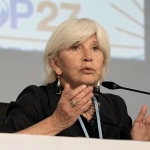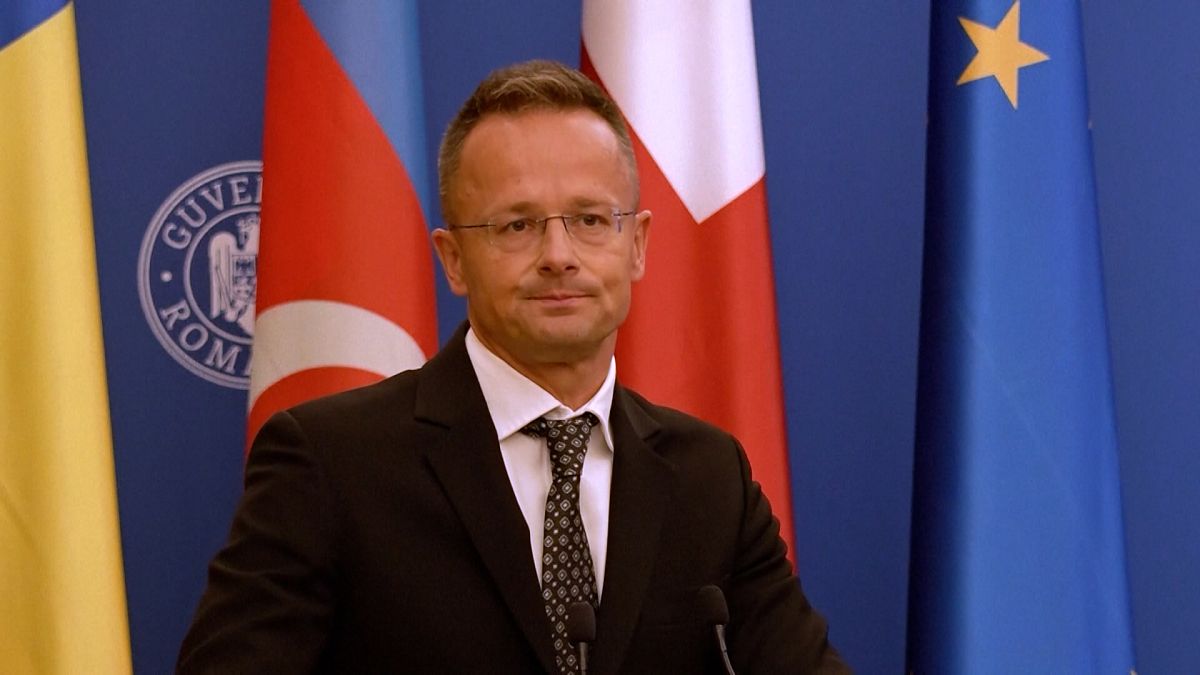The Hungarian government has faced criticism from many EU states for its perceived closeness to the Kremlin, especially in light of the recent decision to ease entry rules for Russian and Belarusian nationals. Hungarian Foreign Affairs Minister Peter Szijiarto has pushed back against critics, accusing them of spreading fake news about Hungary’s immigration policies. Szijiarto pointed out the hypocrisy of how Hungary is labeled as ‘Russian spies’ or ‘Kremlin propagandists’ when it goes against European consensus, while Western European countries are allowed to veto decisions without facing similar accusations.
Szijiarto addressed concerns raised by Baltic and Nordic countries regarding Hungary’s National Card immigration scheme, which allows foreign workers from countries like Russia and Belarus to stay in Hungary for at least two years and potentially gain permanent residency. Critics claim that this scheme poses a security risk to the rest of the EU, but Szijiarto argued that Hungary has not eased any procedures for third-country nationals entering the country. The National Card scheme was initially available to Serbian and Ukrainian nationals, and Hungary later extended it to other EU candidate countries before including Belarus and Russia, sparking further controversy.
In a show of unity, Hungary, Romania, Georgia, and Azerbaijan have launched a joint venture to install a power line under the Black Sea, aimed at bringing more renewable energy into the EU from the eastern Caucasus. The project, approved in 2022, gained momentum following the Russian invasion of Ukraine and the subsequent increase in energy prices. Energy ministers from the four countries believe that the project will enhance energy security and lower prices for consumers, benefiting both the participating nations and the EU as a whole.
Hungary’s decision to deepen its ties with Russia and Belarus through the easing of entry rules for their nationals has created a rift with other EU states, particularly those in the Baltic and Nordic regions. Critics argue that Hungary’s actions could compromise the security of the EU and accuse the Hungarian government of being too close to the Kremlin. However, Hungarian Foreign Affairs Minister Peter Szijiarto refuted these claims, accusing Western European countries of hypocrisy in their treatment of Hungary when it goes against the European consensus.
The National Card immigration scheme, which allows foreign workers from Russia and Belarus to stay in Hungary for up to two years and potentially gain permanent residency, has been at the center of the controversy. While Hungary has faced criticism for including Russia and Belarus in the scheme, Szijiarto defended the decision, stating that Hungary has not eased any procedures for third-country nationals entering the country. The scheme, initially available to Serbian and Ukrainian nationals, was later extended to other EU candidate countries before being expanded to include Russia and Belarus.
In response to the criticism from other EU states, Hungary, along with Romania, Georgia, and Azerbaijan, launched a joint venture to install a power line under the Black Sea. This project, aimed at bringing more renewable energy into the EU from the eastern Caucasus, gained momentum following the Russian invasion of Ukraine and the subsequent energy price hikes. Energy ministers from the four countries believe that the project will enhance energy security and reduce prices for consumers, benefiting both the participating nations and the EU as a whole.










